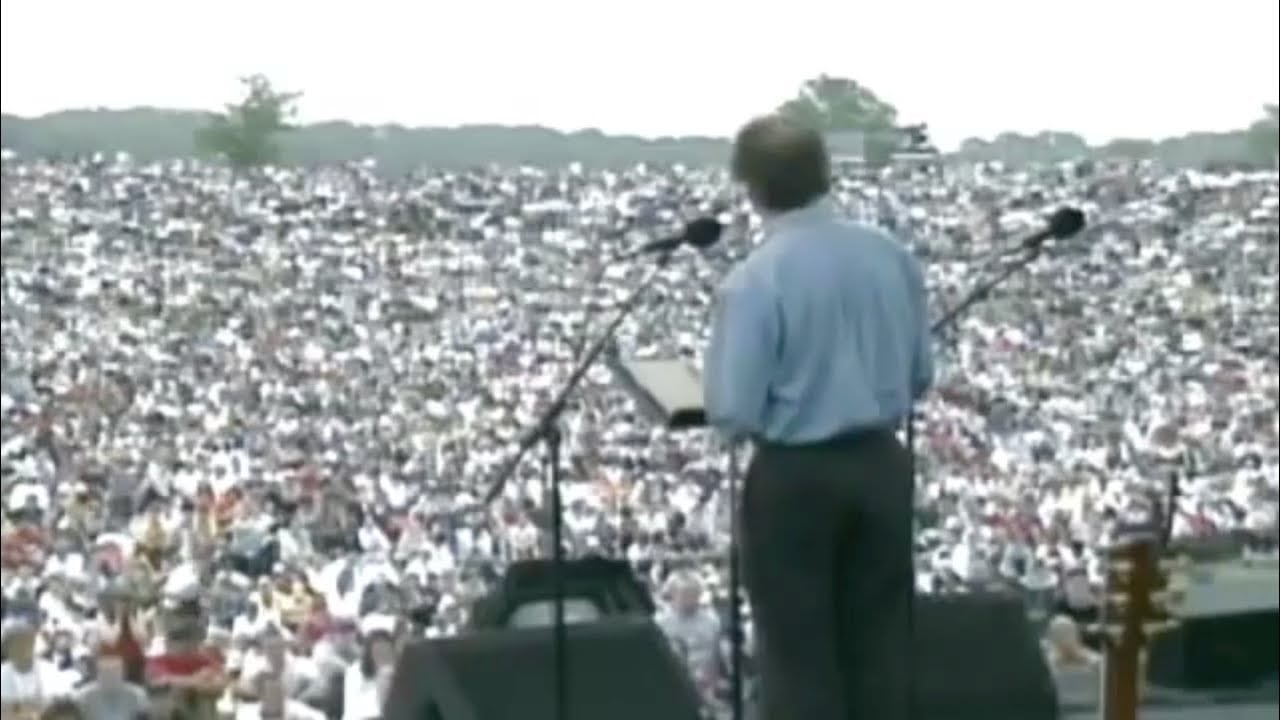For a long time now, I have wondered about the parable of the talents. It was a disturbing parable to me as a child, because I couldn't make sense of it. I understood the principle at work that the one who did much with his talents would be given more. He'd proved himself faithful.
Login to read more
Sign in or create a free account to access Subscriber-only content.
